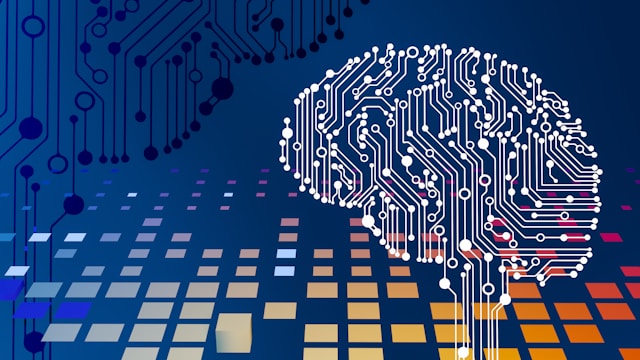
Introduction:
In an era where technology is reshaping the landscape of education, a recent study has delved into the intricate relationship between Artificial Intelligence (AI) and the cognitive development of medical students. The exploration, aimed at raising awareness about the long-term ramifications, scrutinized the use of AI-powered software, including chatbots like Chatgpt and Dale, within clinical settings and medical education.
Purpose of the Study:
The primary goal of the investigation was to unravel the influence of AI on the cognitive development of aspiring medical professionals. With the proliferation of AI tools in medical education, the study aimed to shed light on both the potential benefits and drawbacks of incorporating these technologies into learning environments.
Methodology:
The study conducted a comprehensive literature review encompassing AI applications in clinical settings and medical education. Particular attention was given to chatbots, such as Chatgpt and Dale, to assess their role and impact. Although no data analysis was performed, the study provided a nuanced understanding of the potential advantages and disadvantages of AI in medical education, emphasizing critical thinking and problem-solving abilities.
Findings:
While the study refrained from data analysis, it synthesized existing literature to present a nuanced view of the influences of AI on medical students' cognitive development. The review highlighted the potential advantages of AI, such as improved diagnosis and treatment, as well as enhanced access to valuable learning resources.
Conclusions:
The conclusions drawn from the study underscored the delicate balance between the benefits and drawbacks of AI in medical education. On the positive side, AI was recognized for its potential to elevate medical practices and provide students with invaluable learning tools. However, concerns were raised about the misuse of AI as a shortcut, potentially hindering the cognitive development of medical students and carrying long-term implications.
Long-Term Implications:
The study prompted a reflection on the potential long-term consequences of integrating AI into medical education. As the technology continues to evolve, there is a need for responsible and ethical use to ensure that AI serves as an aid rather than a hindrance to cognitive development.
Implications for Future Research:
The findings of this study open avenues for further research, urging the academic and medical communities to explore additional aspects of AI in medical education. Opportunities for refining AI applications to better serve the needs of medical students were also suggested.
Conclusion:
As the medical education landscape undergoes a digital transformation, the study provides a crucial foundation for ongoing discussions on the role of AI in shaping the cognitive development of future healthcare professionals. The call to action is clear – to advocate for the responsible use of AI in medical education, encourage continued research, and foster a dialogue that ensures the ethical integration of technology into the learning journey of medical students.
Reference
https://doi.org/10.1016/j.ajp.2024.103969
Photo by Steve Johnson on Unsplash

